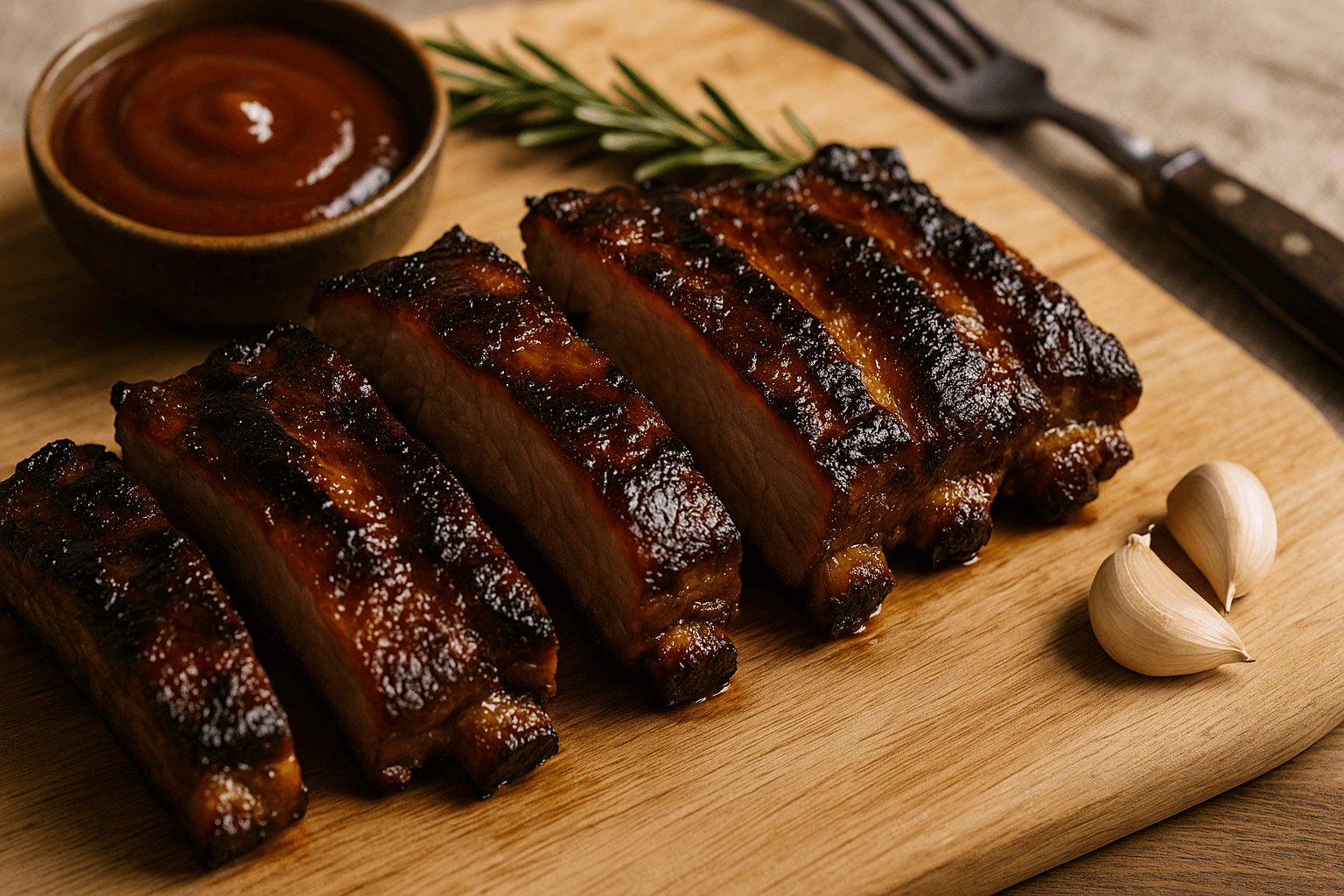For many years, people have asked whether Christians are allowed to eat pork. This question goes all the way back to the Old Testament, where God's law to Israel included food restrictions. Pork was strictly forbidden. But in the New Testament, the answer changes. Let’s walk through Scripture and see how God's Word answers this.
Old Testament Laws About Pork
In the Old Testament, God gave His people dietary rules. These were part of the Law given to Moses for the Israelites. One clear instruction was not to eat pork.
“And the pig, though it has a divided hoof, does not chew the cud; it is unclean for you. You must not eat their meat or touch their carcasses; they are unclean for you.” — Leviticus 11:7–8 (NIV)
Pigs were considered unclean animals. God told the Israelites to avoid unclean foods to set them apart as His holy people (see Leviticus 11:44–45). These laws taught obedience and helped keep the people healthy in a time before modern sanitation.
Why the Law Changed for Christians
Jesus fulfilled the Old Testament law through His life, death, and resurrection. Christians are not under the same dietary laws given to ancient Israel.
“Do not think that I have come to abolish the Law or the Prophets; I have not come to abolish them but to fulfill them.” — Matthew 5:17 (NIV)
The key word here is “fulfill.” Jesus completed the law’s purpose. That’s why Christians are no longer bound to the old rules about food, including the command not to eat pork.
Peter’s Vision in Acts 10
One of the clearest messages about food in the New Testament comes from the apostle Peter. In Acts 10, Peter has a vision where he sees a sheet coming down from heaven filled with animals—some clean and some unclean.
“Then a voice told him, ‘Get up, Peter. Kill and eat.’” — Acts 10:13 (NIV)
“‘Surely not, Lord!’ Peter replied. ‘I have never eaten anything impure or unclean.’” — Acts 10:14 (NIV)
“The voice spoke to him a second time, ‘Do not call anything impure that God has made clean.’” — Acts 10:15 (NIV)
This vision wasn’t only about food—it also prepared Peter to share the Gospel with non-Jews (Gentiles). But it also made it clear that God had made all foods clean. This included pork.
Paul’s Teaching on Food Freedom
The apostle Paul often addressed the topic of food and freedom in Christ. He taught that Christians were free to eat any food with thankfulness to God.
“For everything God created is good, and nothing is to be rejected if it is received with thanksgiving.” — 1 Timothy 4:4 (NIV)
“Therefore do not let anyone judge you by what you eat or drink…” — Colossians 2:16 (NIV)
These verses make it clear: eating pork is not a sin. God looks at our hearts, not our dinner plates.
What About Offending Others?
Even though Christians are free to eat pork, Paul also gave a loving reminder: if your eating habits might cause another believer to stumble, be mindful.
“It is better not to eat meat or drink wine or to do anything else that will cause your brother or sister to fall.” — Romans 14:21 (NIV)
This is not about pork being sinful, but about acting in love toward others. Our freedom in Christ should be used with wisdom and care.
Summary Table
| Viewpoint | Scripture Reference | Summary |
|---|---|---|
| Old Testament Law | Leviticus 11:7–8 | Pork was forbidden as unclean. |
| Jesus Fulfills the Law | Matthew 5:17 | Jesus completes the Law; Christians are not bound by it. |
| Peter’s Vision | Acts 10:13–15 | God declares all animals clean, including pork. |
| Paul on Christian Freedom | 1 Timothy 4:4; Colossians 2:16 | Food is not to be judged; all is clean with thanks. |
| Be Considerate of Others | Romans 14:21 | Avoid offending others by your eating choices. |
Should Christians Eat Pork Today?
Yes, Christians can eat pork. It is not considered unclean in the New Testament. Still, each believer may choose for themselves. Some may avoid it for health, tradition, or personal conviction—and that’s okay too.
What matters most is a heart that honors God.
“So whether you eat or drink or whatever you do, do it all for the glory of God.” — 1 Corinthians 10:31 (NIV)
























